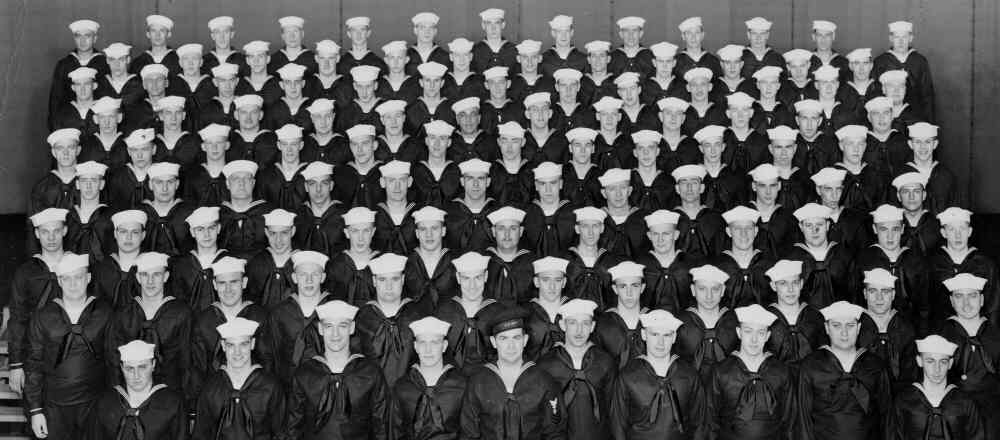John Basilone Memorial Parade is Joe Sian
Joe served in the Navy during World War II on the USS Pasadena
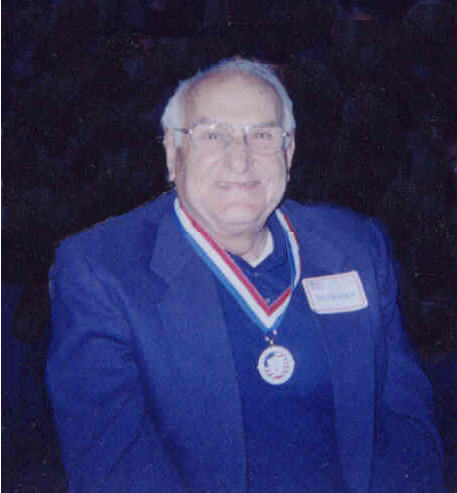

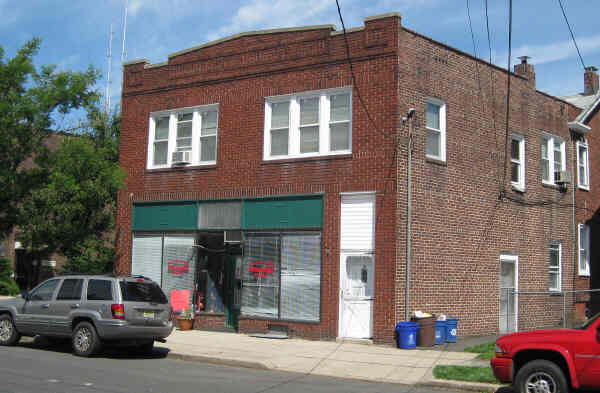
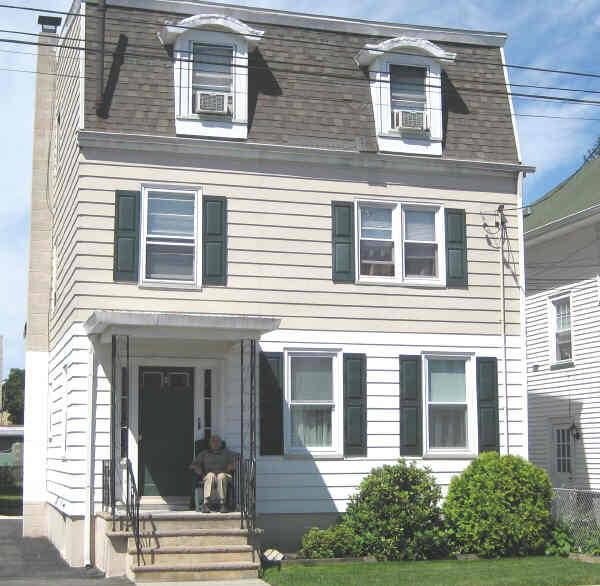
Then it was just a home, not a storefront.
They moved out a year later to 110 Somerset St.
For decades this house was a convent
for the Nuns of St. Bernards's Church
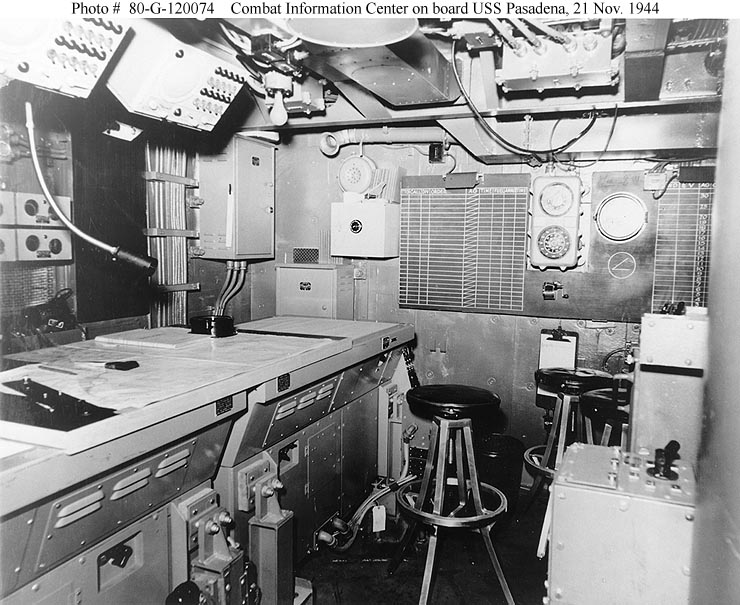
Joe was a "radioman".
He operated the telegraph machine
deciphering and sending messages in
the control room (shown left)
in Morse Code
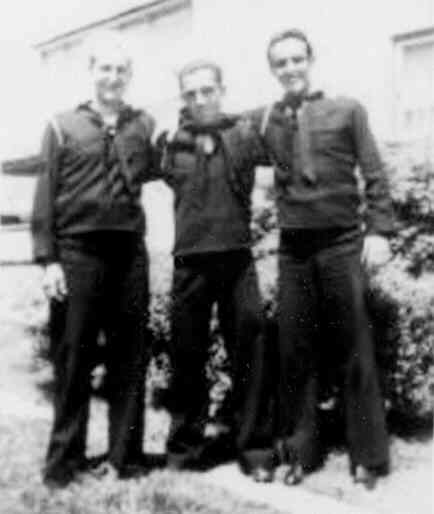
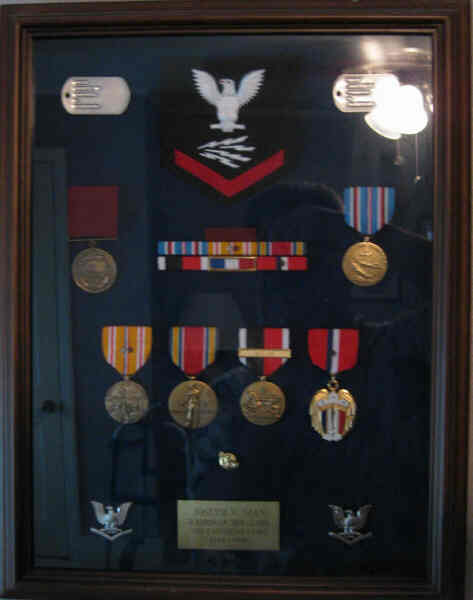
Sal Thomasally in Radio School 1944
Asiatic and Pacific Ribbon
Phillipine Liberation Ribbon
American Theatre Star
Victory Ribbon Star
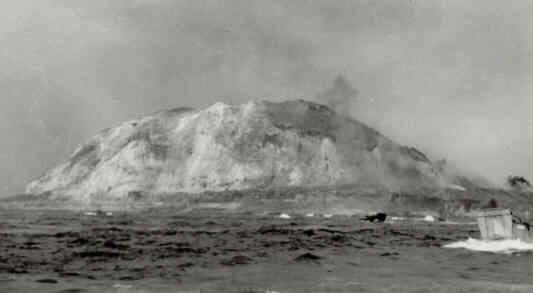
Joe said that the sound of the dozens of ships bombing that island was simply incredible. It was un-like anything he has ever heard.
He noticed how the Japs were well dug-in underground.
You could heavily bomb a particular location, then when you re-aimed the guns to another location the Japs would return to the previous bombed out location and begin returning fire again.
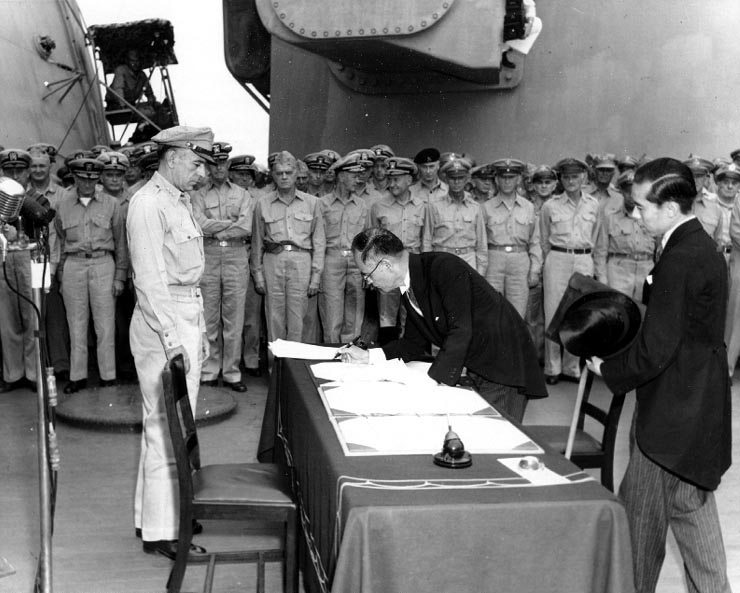
next to the USS Missouri for the historic
signing of the Japanese Surrender
in September of 1945
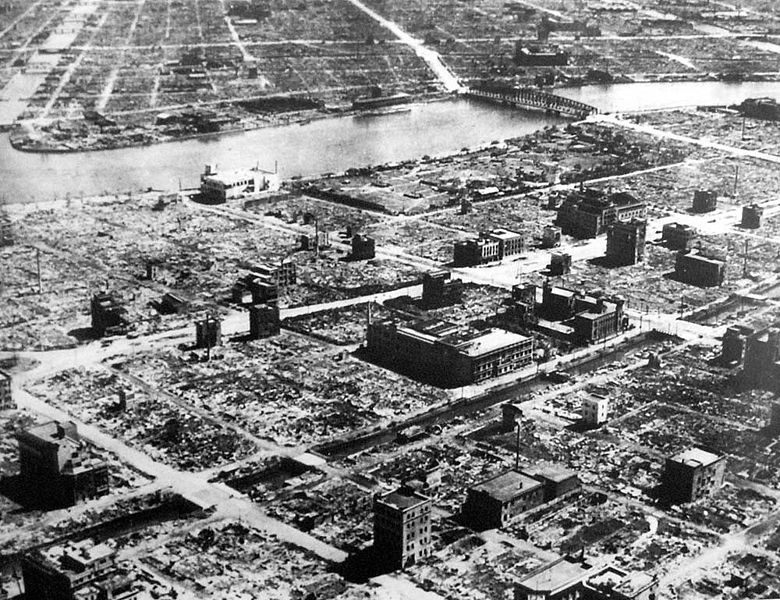
The desperate residents of Tokyo were reduced to going through the garbage of the U.S. ships to look for food.
One horrible part of their ordeal was the number of Japanese woman reduced to prostitution. Joe remembers how it was common for an older Japanese woman to solicit customers for a younger Japanese girl.
Often this was the mother marketing her daughter who was sometimes as young as 14 in an attempt to raise money to buy food for that day. The going rate for sex was just one U.S. dollar.
Joe, with two young daughters at home, found this very disturbing. He felt sorry for the Japanese, but was careful not to share his feelings with too many others as the memory of Pearl Harbor left many unsympathetic to the suffering of the Japanese.
